-
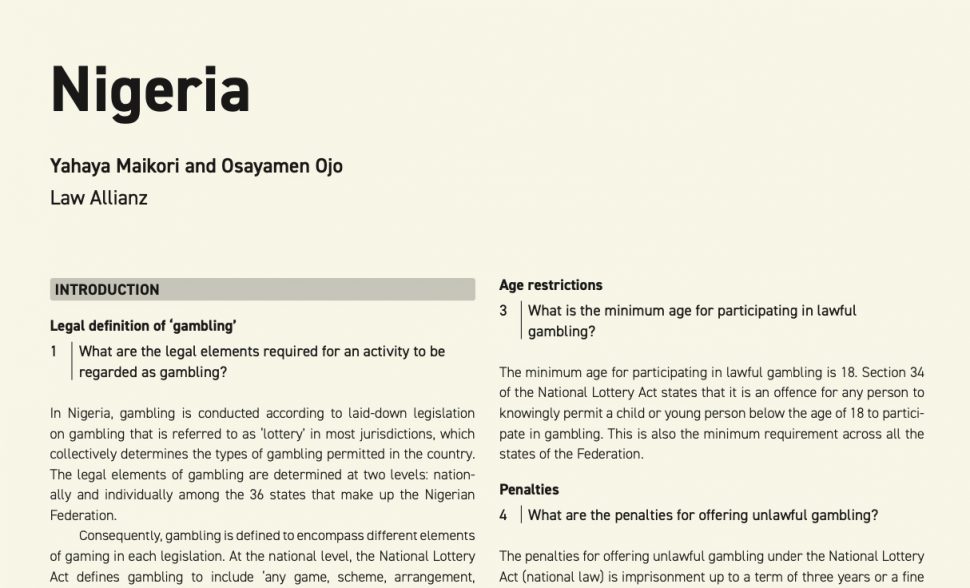
Getting the Deal Through – Gaming Nigeria
Getting the Deal Through In Nigeria, gambling is conducted according to laid-down legislation on gambling that is referred to as…
0 -
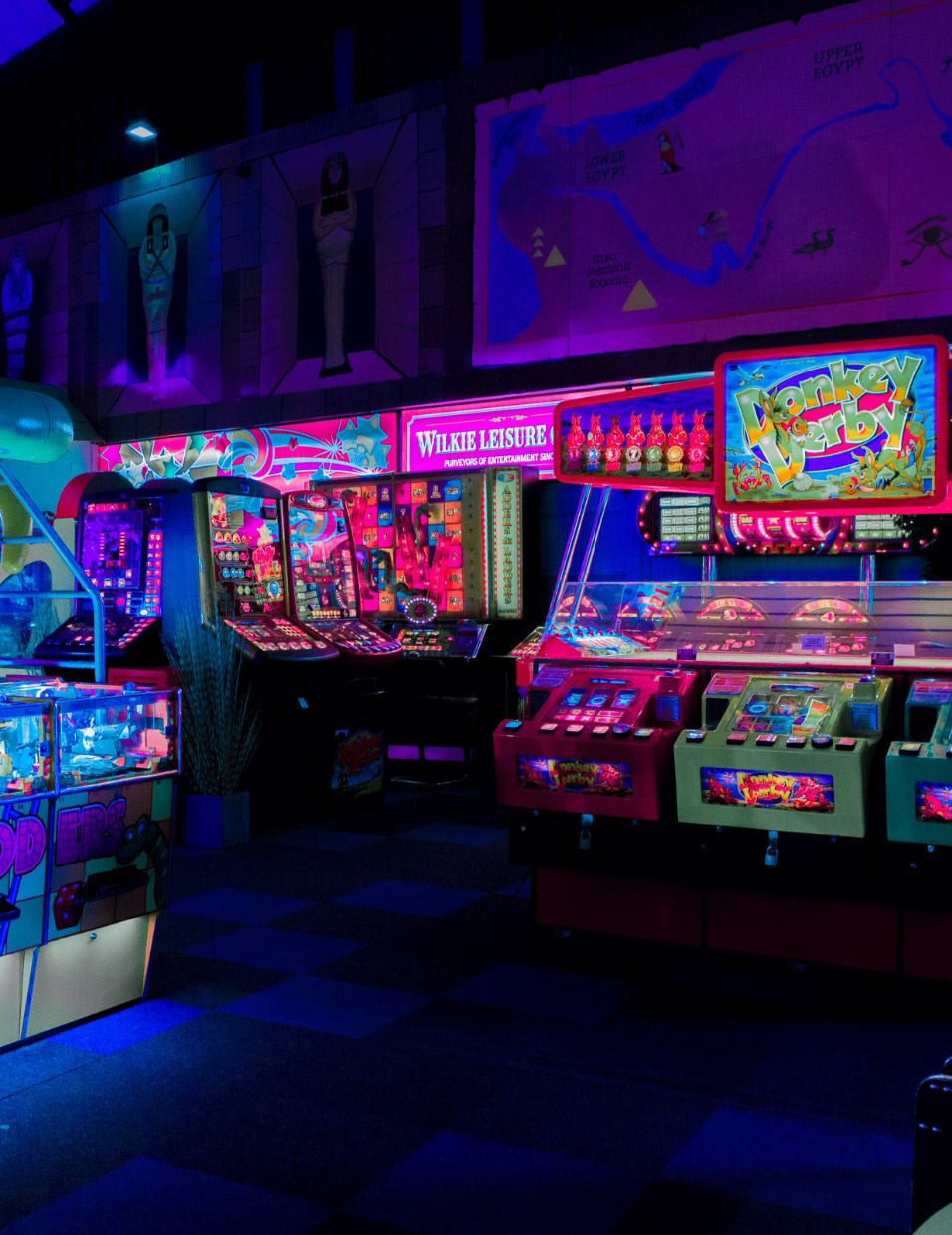
Africa’s Gaming Market and the post Covid-19 era
While Africa has avoided as devastating an impact from novel coronavirus (Covid-19) as Europe, North America and Asia, its effects…
-

Nigerians in the Square Mile – A Guide to Foreign Investments
Nigerians in the Square Mile – A Guide to Foreign Investments In the last decade, the Nigerian creative industry has…
-

Gaming Law (Chambers)
Chambers Global Practice Guide Definitive global law guides offering comparative analysis from top-ranked lawyers. https://lawallianz.com/wp-content/uploads/2020/04/Gaming-Law.pdf
-
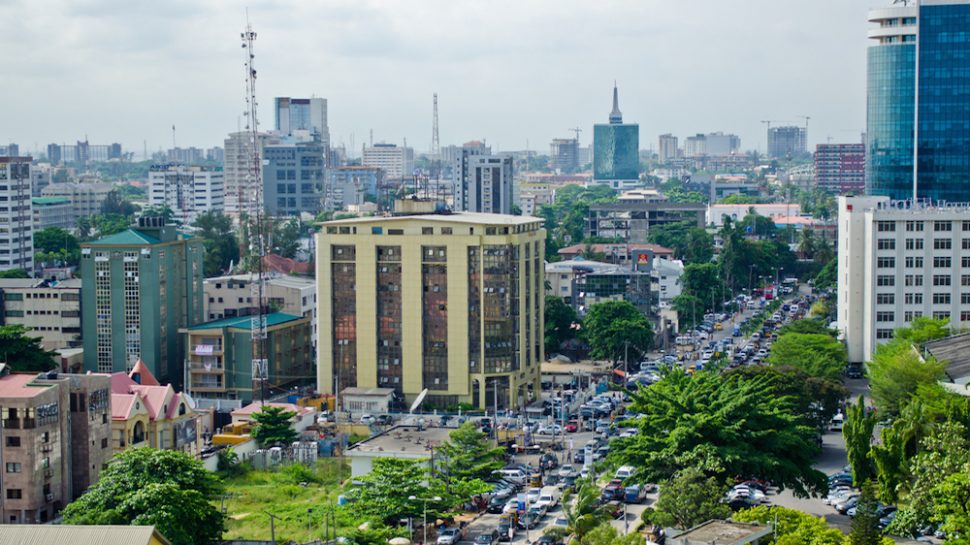
Lagos to become Las Vegas of Africa
Global Gaming Africa has announced plans to co-host the maiden Lagos International Poker Tournament as part of an initiative to…
-
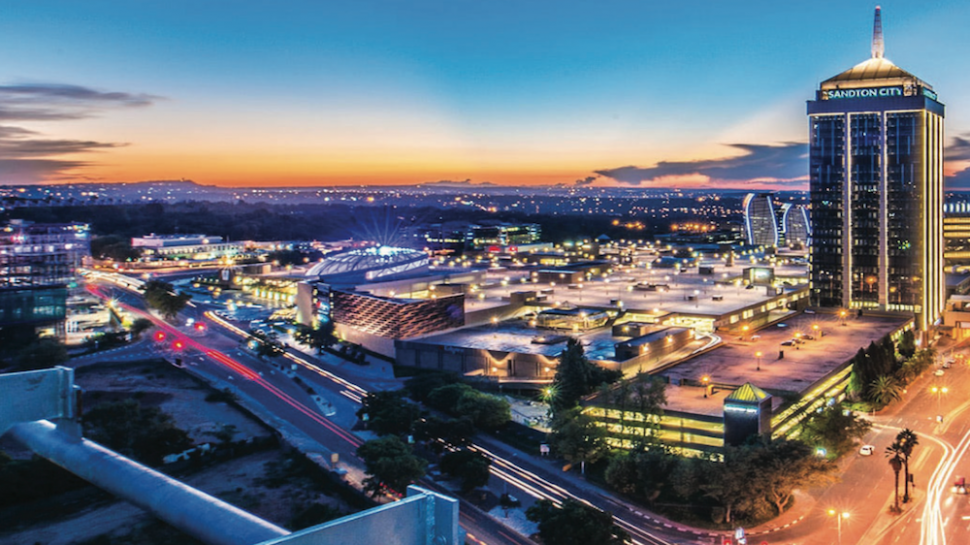
Maikori: With ICE Africa, gaming will never be the same
With the maiden edition of ICE Africa proving a resolute success, Yahaya Maikori, partner at Law Allianz and founder of…
-
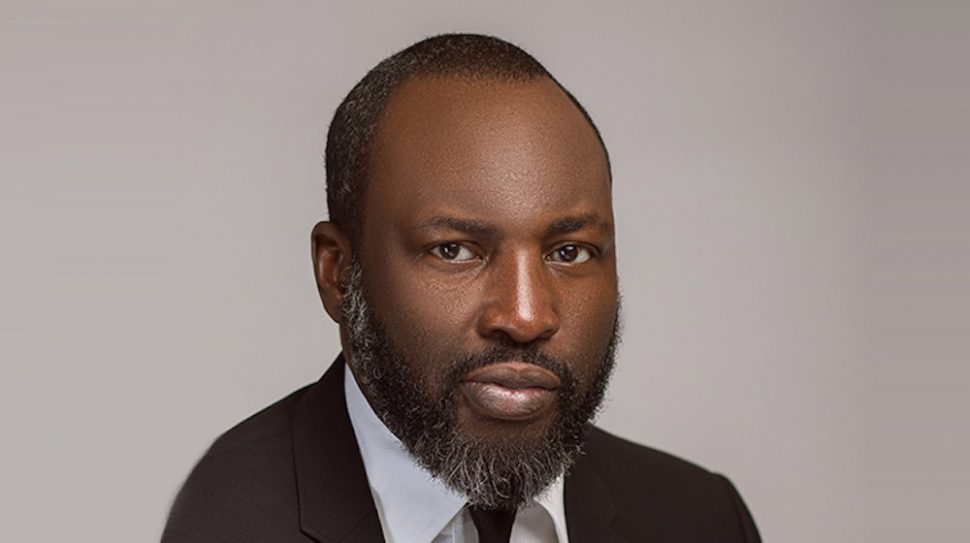
ICE Africa Champion Yahaya Maikori shines a light on the industry
For the second edition of ICE Africa this October, Clarion Gaming has launched a new initiative designed to champion key…
-
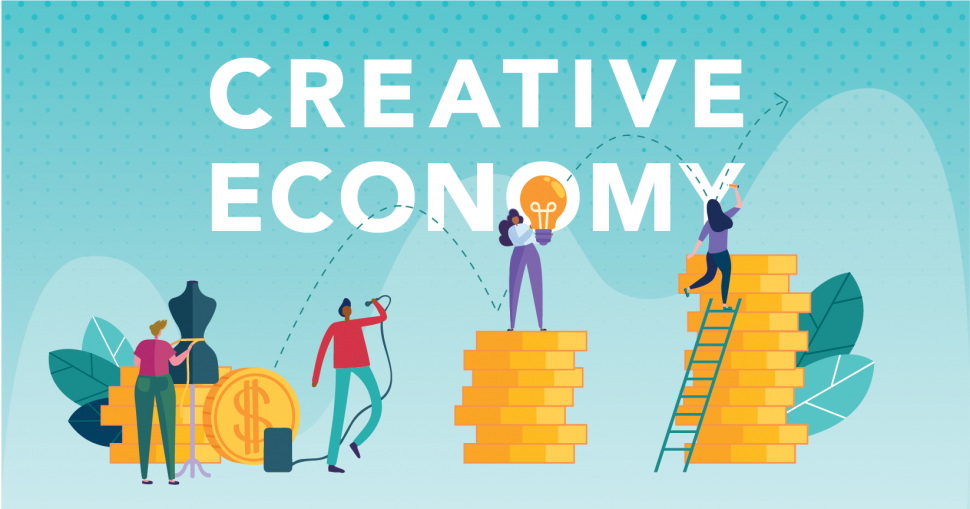
THE NIGERIAN CREATIVE ECONOMY: ITS HISTORY TO DATE AND CURRENT TRENDS
KEYNOTE/POSITION STATEMENT DELIVERED by YAHAYA MAIKORI AT THE EUROPEAN UNION NATIONAL INSTITUTES OF CULTURE’S CLUSTER REGIONAL MEETING…
-

AFRICA REGULATORY ROUND-UP – IS THERE A CASE FOR A PAN-AFRICAN GAMING REGULATION?
As the African market continues to attract the attention of international operators, there is a growing demand for pan-African regulation,…
-

African Regulatory Round-up: Pan-African Regulation
As the African market continues to attract the attention of international operators, there is a growing demand for pan-African regulation,…
Author archive for Yahaya Maikori
Law Allianz > Articles by: Yahaya Maikori